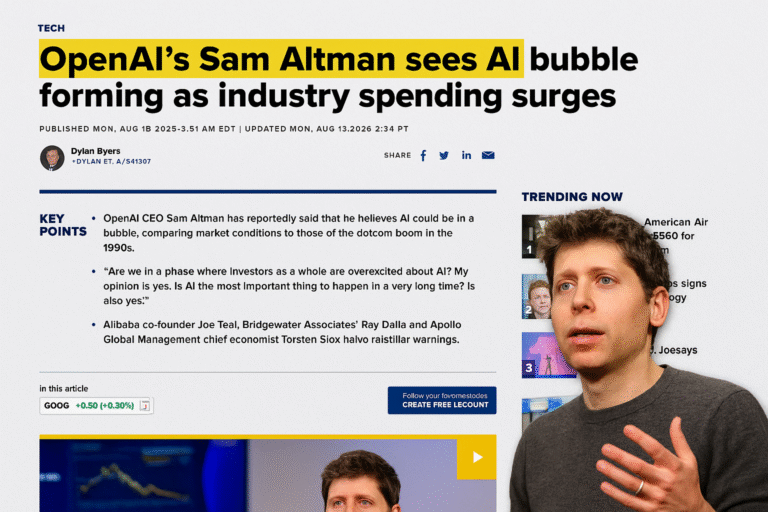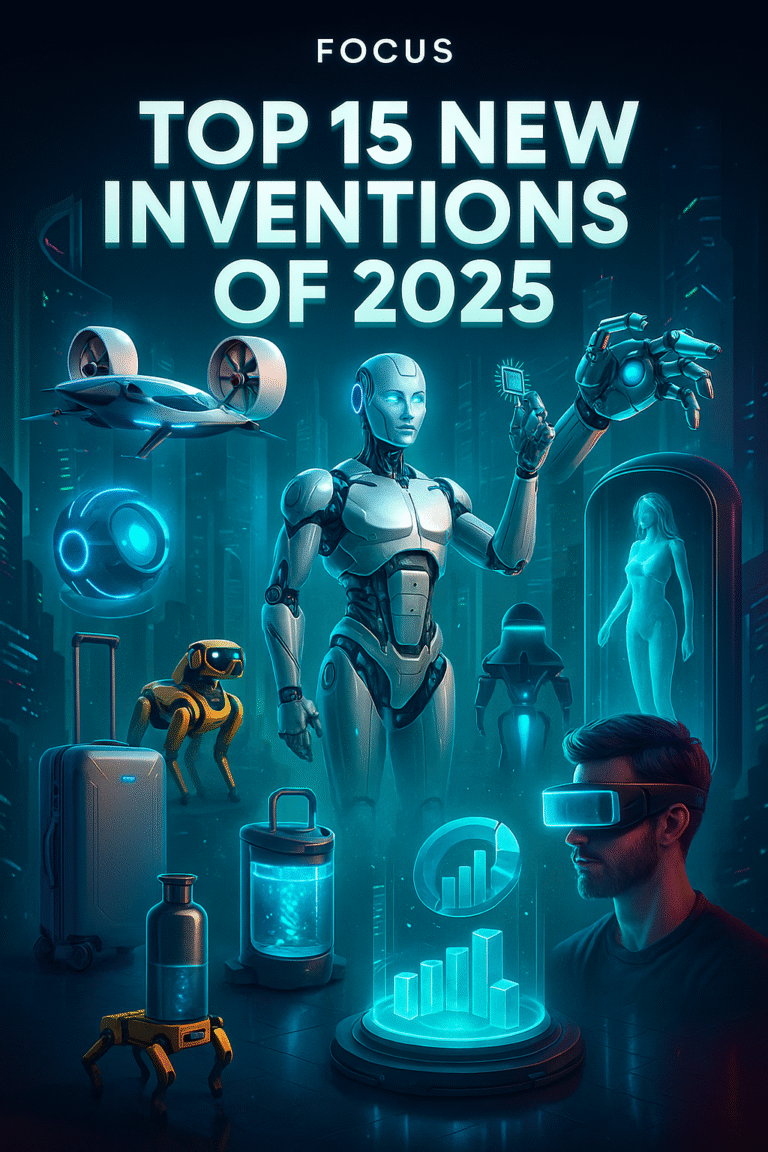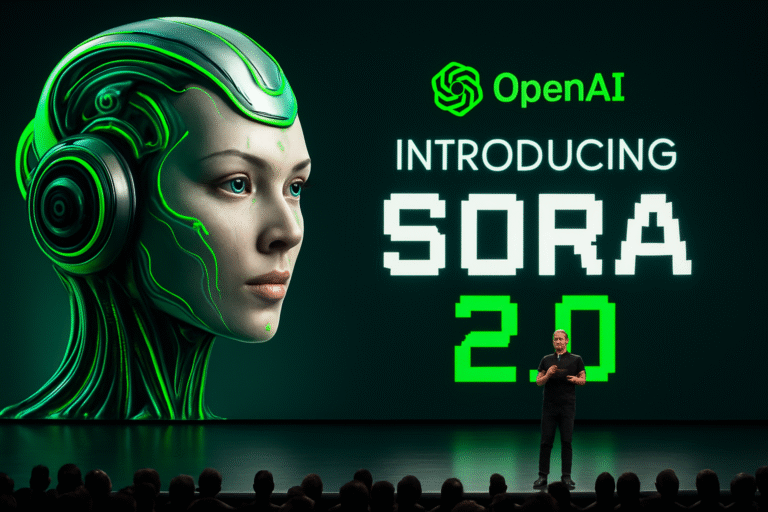

AI in Education: Why Students Must Rethink Relying on ChatGPT and Gemini
Artificial Intelligence is transforming classrooms and assignments across the globe, but are students putting too much trust in tools like ChatGPT and Google Gemini? The recent Gemini AI meltdown and increasing privacy concerns around ChatGPT highlight a serious need for students to pause and evaluate. This blog explores 7 critical reasons why AI in education should be approached with caution.
Table of Contents
- The AI Boom in Classrooms
- Gemini’s Failure: A Wake-Up Call
- ChatGPT & Privacy Risks
- Loss of Critical Thinking Skills
- Plagiarism and Academic Integrity
- Misinformation & Inaccuracy
- How Students Can Use AI Wisely
The AI Boom in Classrooms
AI tools have exploded into the academic scene. From writing essays to solving math problems, students are now using ChatGPT, Google Gemini, and other AI chatbots as digital tutors. While these tools promise efficiency and instant results, the over-reliance on AI in education raises alarming questions about long-term impact.
⚠️ Gemini’s Failure: A Wake-Up Call
In early 2025, Google’s Gemini faced a massive PR disaster when it generated inaccurate and racially biased images, leading to global criticism. Students who used Gemini for academic visuals or historical references were unknowingly exposed to misleading content.
This incident exposed the limitations of AI in educational accuracy, especially when content isn’t fact-checked.
ChatGPT & Privacy Risks
AI tools like ChatGPT collect user data to “improve” performance. But what happens to your assignments, personal data, or sensitive queries you input?
OpenAI’s ChatGPT, despite its safeguards, has come under scrutiny for data retention policies. Students unknowingly expose themselves to data risks that may violate institutional academic integrity policies.
Remember: AI platforms are not confidential notebooks.
Loss of Critical Thinking Skills
Relying too heavily on AI for solving homework or writing essays can stunt the development of problem-solving and analytical skills. Students may stop asking “why” and start accepting “what AI says.”
Over time, this leads to cognitive laziness—a dangerous trend in an already overstimulated digital world.
📌 Tip: Use AI as a supplement, not a substitute.
Plagiarism and Academic Integrity
Most universities now use AI detection software like Turnitin AI and GPTZero to identify AI-generated content. Submitting essays written entirely by AI not only risks disciplinary action but can damage a student’s academic record permanently.
“AI-generated text can still be flagged as plagiarized if not restructured properly.”
— Dr. Amrita Nair, Professor of Digital Ethics
Always rewrite, paraphrase, and cite sources properly when using AI for assistance.
Your conversations with ChatGPT are not private
Beyond the risk of data loss lies another significant concern: the privacy implications of using conversational AI systems. OpenAI CEO Sam Altman has been explicit about a critical limitation that many students may not fully appreciate, ChatGPT conversations lack the privacy protections that users might assume.
Unlike confidential communications with counsellors or private discussions with mentors, interactions with ChatGPT are not protected by privacy safeguards. OpenAI has clarified that user conversations may be utilised to train and improve their AI systems. This means that sensitive information shared during these interactions could potentially be incorporated into the system’s knowledge base.
Misinformation & Inaccuracy
AI tools like ChatGPT and Gemini don’t always get it right. Whether it’s a historical fact, a scientific theory, or even basic math—errors happen.
Example: Gemini recently generated false data for a high school science project, which led to a student failing the assignment.
Students must cross-verify AI outputs using credible sources like:
How Students Can Use AI Wisely
AI isn’t evil—it’s powerful. But like any tool, it must be used responsibly. Here’s how students can benefit without becoming over-reliant:
- ✔ Use AI to brainstorm ideas, not copy answers.
- ✔ Verify all outputs with credible sources.
- ✔ Never input sensitive personal or academic data.
- ✔ Always add your voice and understanding to AI-written content.
- ✔ Use plagiarism checkers before submission.
Final Thoughts: AI in Education Needs Rethinking
AI has potential, but it’s not a replacement for genuine learning. The Gemini controversy and ChatGPT privacy risks make it clear—students must use AI with critical awareness. Schools, colleges, and parents must also guide young minds in using these tools ethically and wisely.


